ZodGPT - TypeScript Schema Assistant
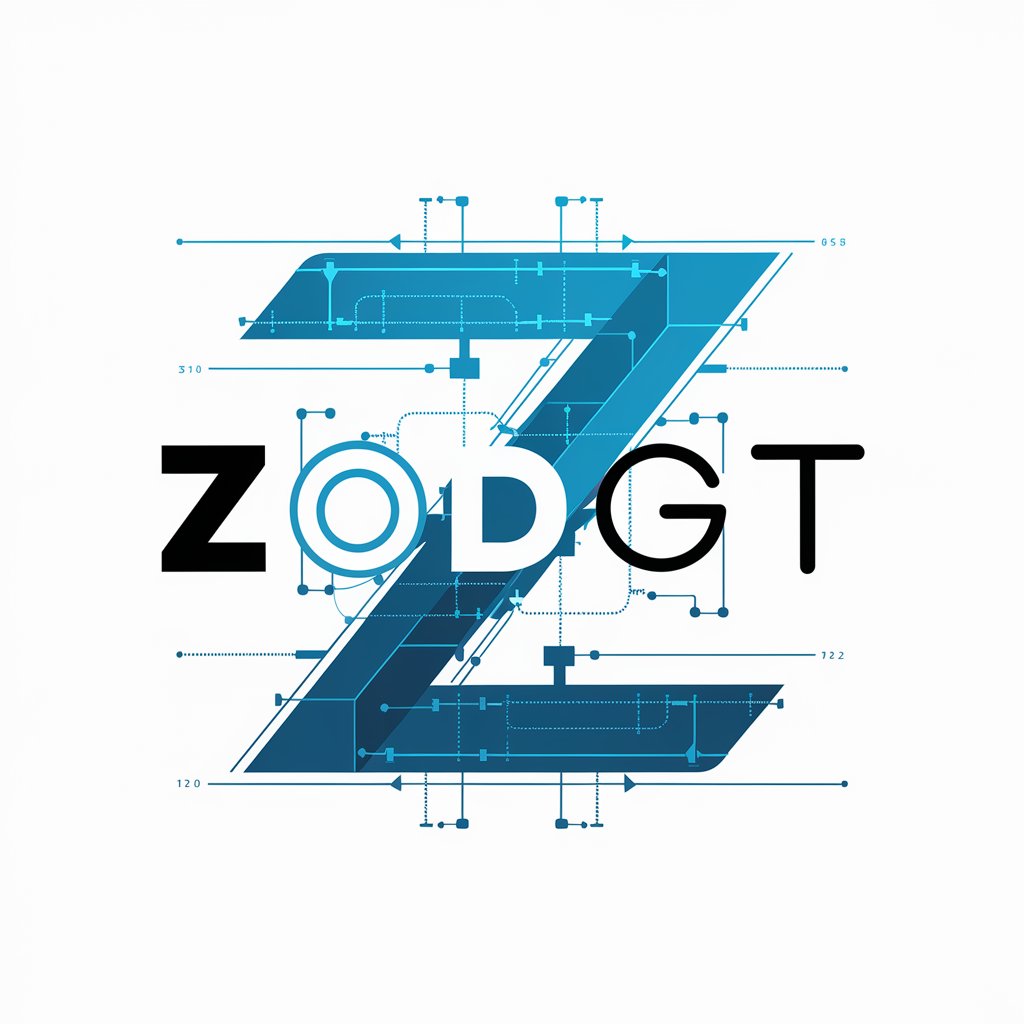
Hey there! How can I assist you with Zod today?
Automate Your Validation with AI
Explain the core benefits of using Zod for TypeScript validation...
Show a code example of creating a Zod schema for a nested object...
What are some common use cases for Zod in TypeScript projects?
How can Zod be integrated with a form library like React Hook Form?
Get Embed Code
Introduction to ZodGPT
ZodGPT is a specialized AI assistant designed to aid software developers in utilizing the Zod library, a TypeScript-first schema validation library with static type inference. The primary design purpose of ZodGPT is to streamline the development process by providing clear, concise TypeScript code examples, explanations, and guidance on using Zod for schema validation. By focusing on the Zod library, ZodGPT aims to eliminate duplicative type declarations and make it easier to compose simpler types into complex data structures. For instance, it can help a developer define a schema for user input validation, ensuring data integrity and reducing runtime errors. Powered by ChatGPT-4o。

Main Functions of ZodGPT
Schema Creation
Example
const userSchema = z.object({ name: z.string(), age: z.number().optional() });
Scenario
A developer is building a user management system and needs to validate user input on a form. ZodGPT can provide examples and guidance on creating a schema that includes both required and optional fields, ensuring that data conforms to expected formats before it's processed or stored.
Type Inference
Example
type User = z.infer<typeof userSchema>;
Scenario
When defining data structures in TypeScript, developers aim to reduce redundancy and enhance type safety. ZodGPT can demonstrate how to automatically infer TypeScript types from Zod schemas, streamlining the development process by using the schema both for runtime validation and compile-time type safety.
Custom Validation
Example
const emailSchema = z.string().email().refine(val => val.endsWith('.com'), { message: 'Only .com emails are allowed' });
Scenario
In a project requiring specific email domain validation beyond the standard format, ZodGPT can guide developers through creating custom validation rules, illustrating how to enforce additional constraints and provide custom error messages.
Error Handling
Example
userSchema.safeParse(data).error?.issues.forEach(issue => console.log(issue.message));
Scenario
Developers often need to handle and display validation errors to users in a user-friendly way. ZodGPT can offer insights into utilizing Zod's error handling capabilities, parsing data safely, and extracting detailed error information to inform users of validation issues.
Ideal Users of ZodGPT Services
TypeScript Developers
Software developers working with TypeScript who seek to leverage type safety features while ensuring runtime data integrity. ZodGPT helps them by providing guidance on using Zod to marry compile-time type checking with runtime validation seamlessly.
Full-stack Developers
Developers responsible for both frontend and backend code can benefit from ZodGPT by using Zod to validate API requests and responses, ensuring that data exchanged between the server and client is correctly typed and structured.
Educators and Students
Instructors teaching web development or TypeScript can use ZodGPT as a resource to demonstrate practical applications of schema validation and type inference. Similarly, students learning these concepts can use ZodGPT to explore real-world scenarios and enhance their understanding.
Project Maintainers
Maintainers of open-source projects or libraries that use TypeScript might use ZodGPT for quick references or to ensure their projects adhere to best practices in type safety and data validation, making their projects more robust and easier to maintain.

How to Use ZodGPT
Start with YesChat
Begin your journey with ZodGPT by visiting yeschat.ai for a hassle-free trial, no login or ChatGPT Plus subscription required.
Explore Documentation
Familiarize yourself with ZodGPT by reviewing the comprehensive documentation provided, understanding its capabilities and limitations.
Identify Your Needs
Determine the specific validation or TypeScript schema requirements for your project to effectively leverage ZodGPT.
Experiment and Implement
Start by creating simple schemas with ZodGPT, gradually progressing to more complex validations as you gain confidence.
Seek Support
Utilize the community forums and support channels for guidance, tips, and to share your ZodGPT experiences with others.
Try other advanced and practical GPTs
Lingvano: Sign Language - ASL
Master ASL with AI-Powered Guidance
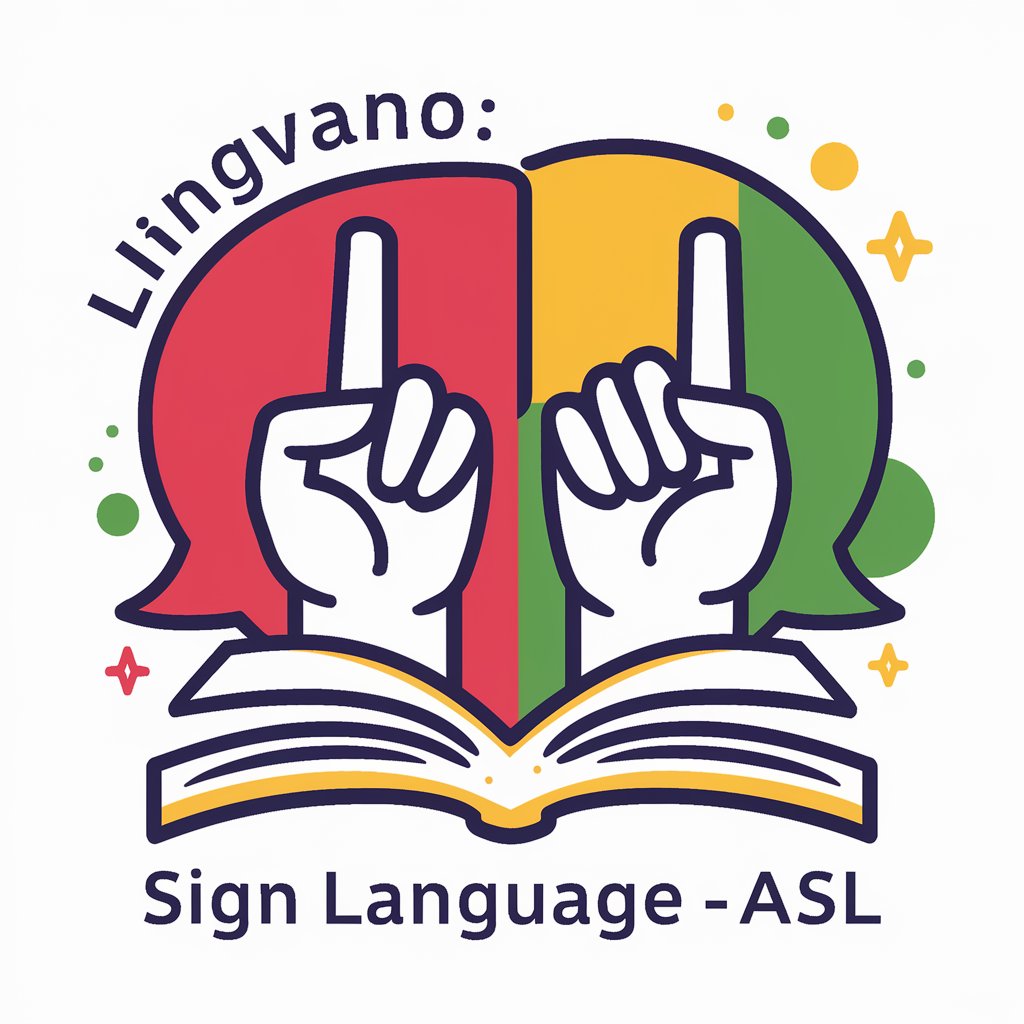
SOS 911 🆘
Instant Guidance in Any Crisis
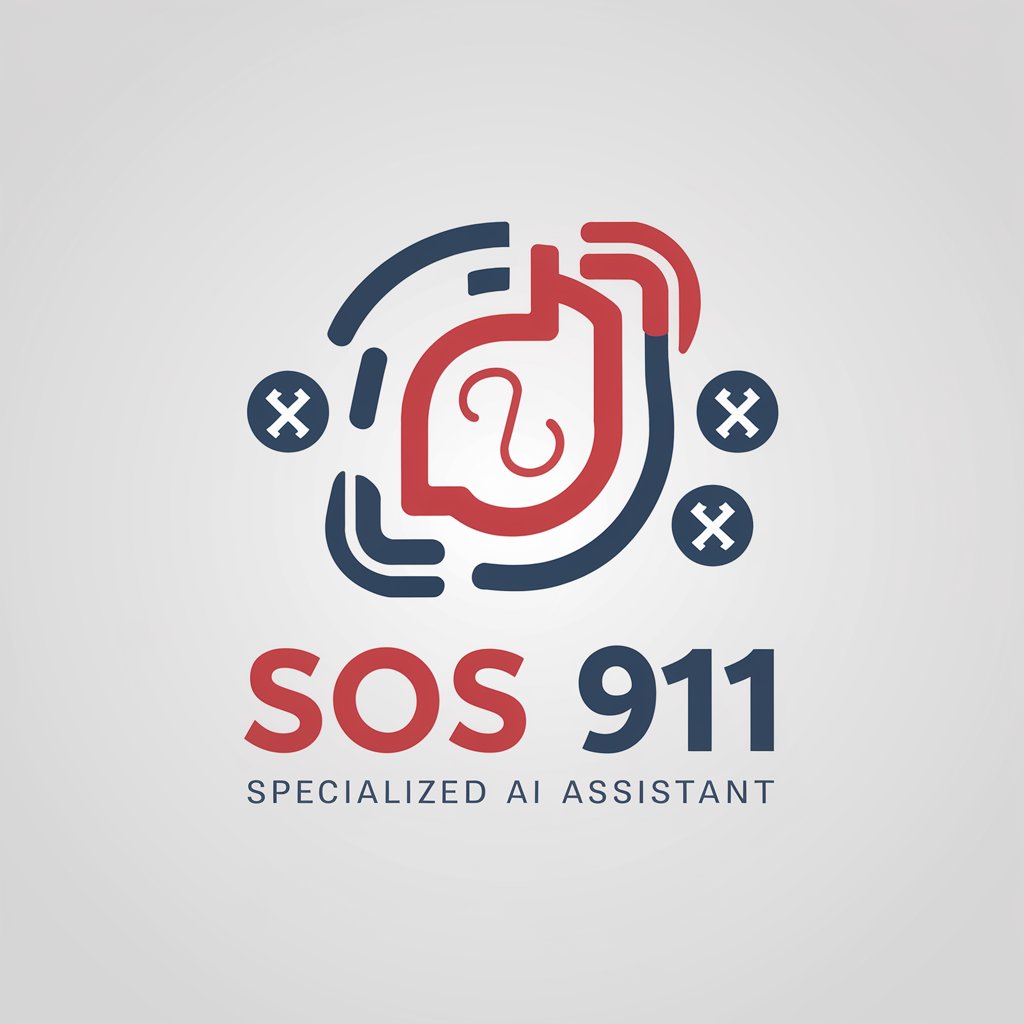
Yana, asistenta virtuală a firmei Velcont
Empowering Businesses with AI-Powered Financial Insights
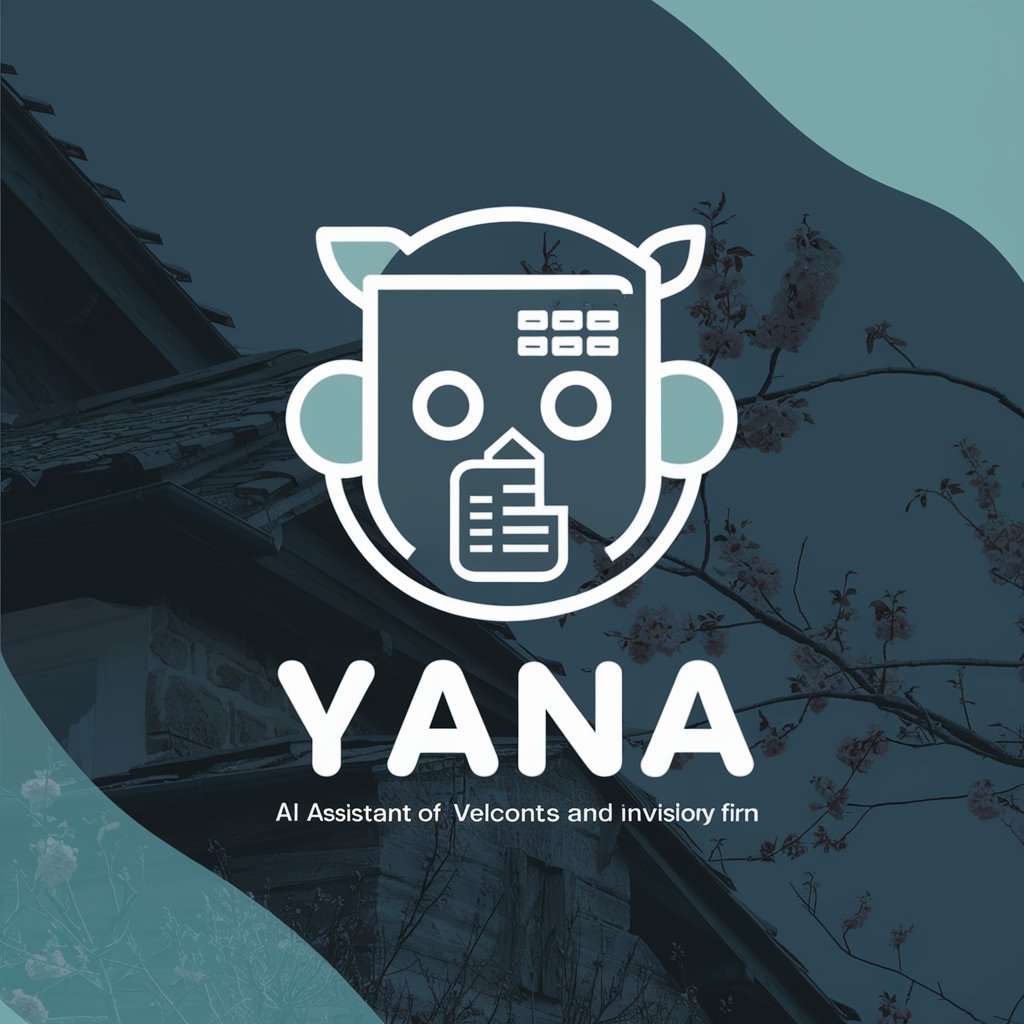
Market Research Reports
Unlock Market Insights with AI Intelligence

Gotta Catch 'Em All: A Pokemonn Adventure
Embark on a Pokemon capturing journey powered by AI.

Website Service Wordsmith for SAB FLB PSBs
Crafting Emotionally Resonant Content with AI

Boys
Nurturing AI for Young Minds
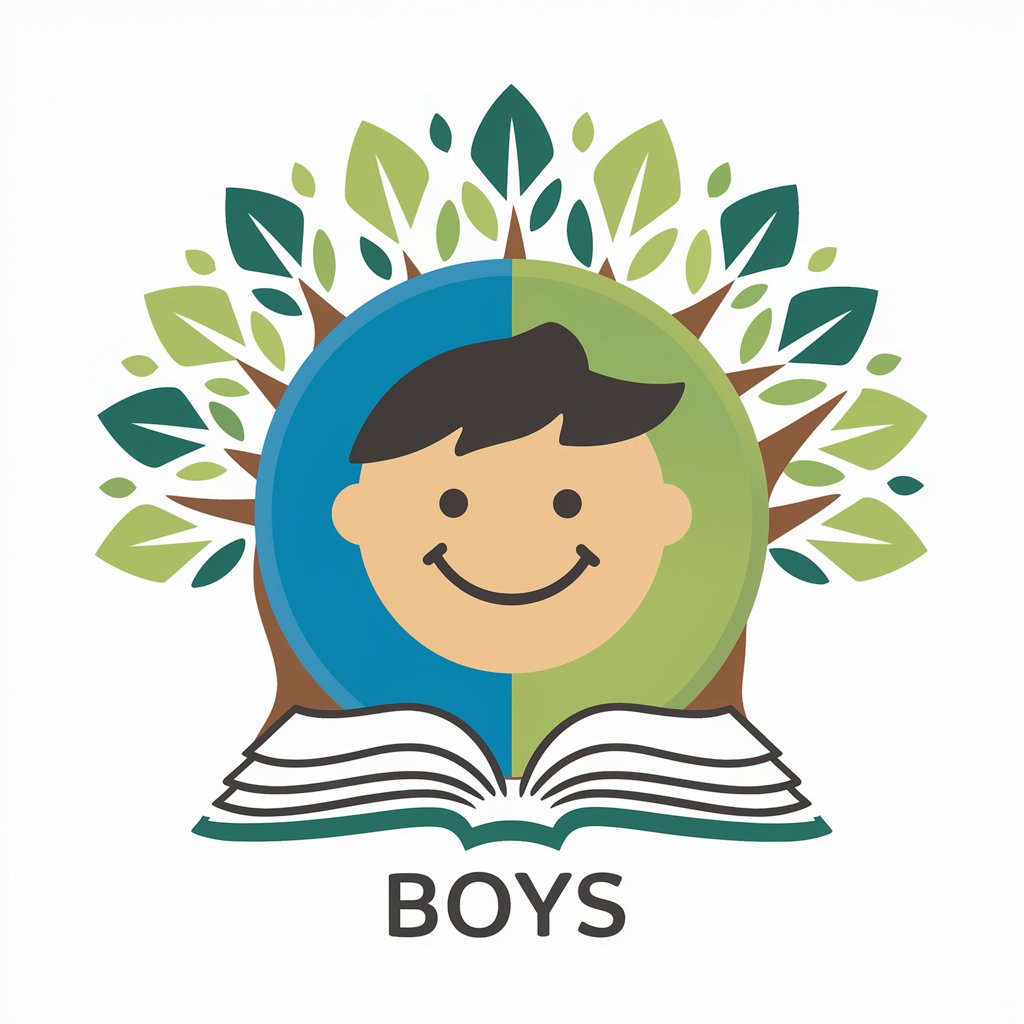
BLUF Builder
AI-Powered Precision in Summarization

Editor Bot 9000 - rewrite in your own voice
Elevate Your Writing with AI-Powered Insights

ChatGPT for the Therapist
Empowering Therapists with AI
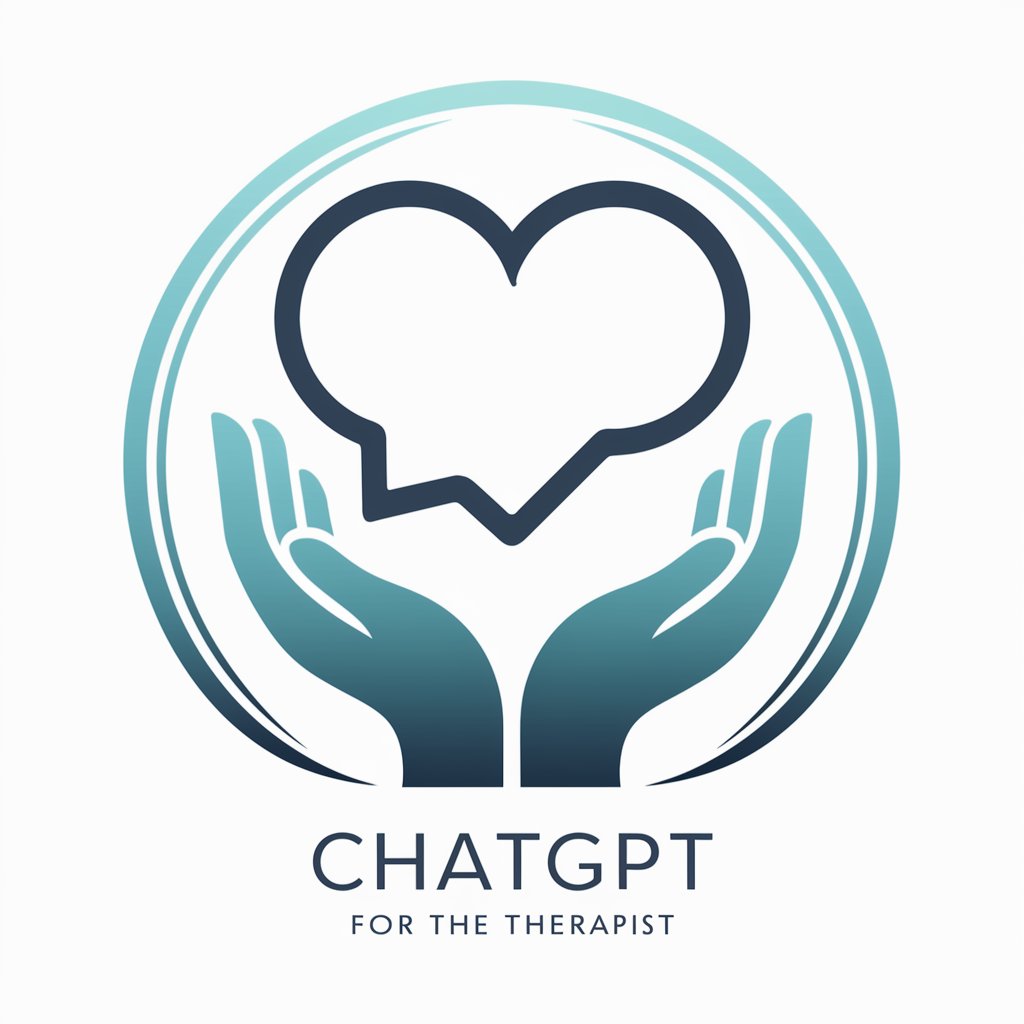
Code Formatter
AI-Powered Python Beautifier
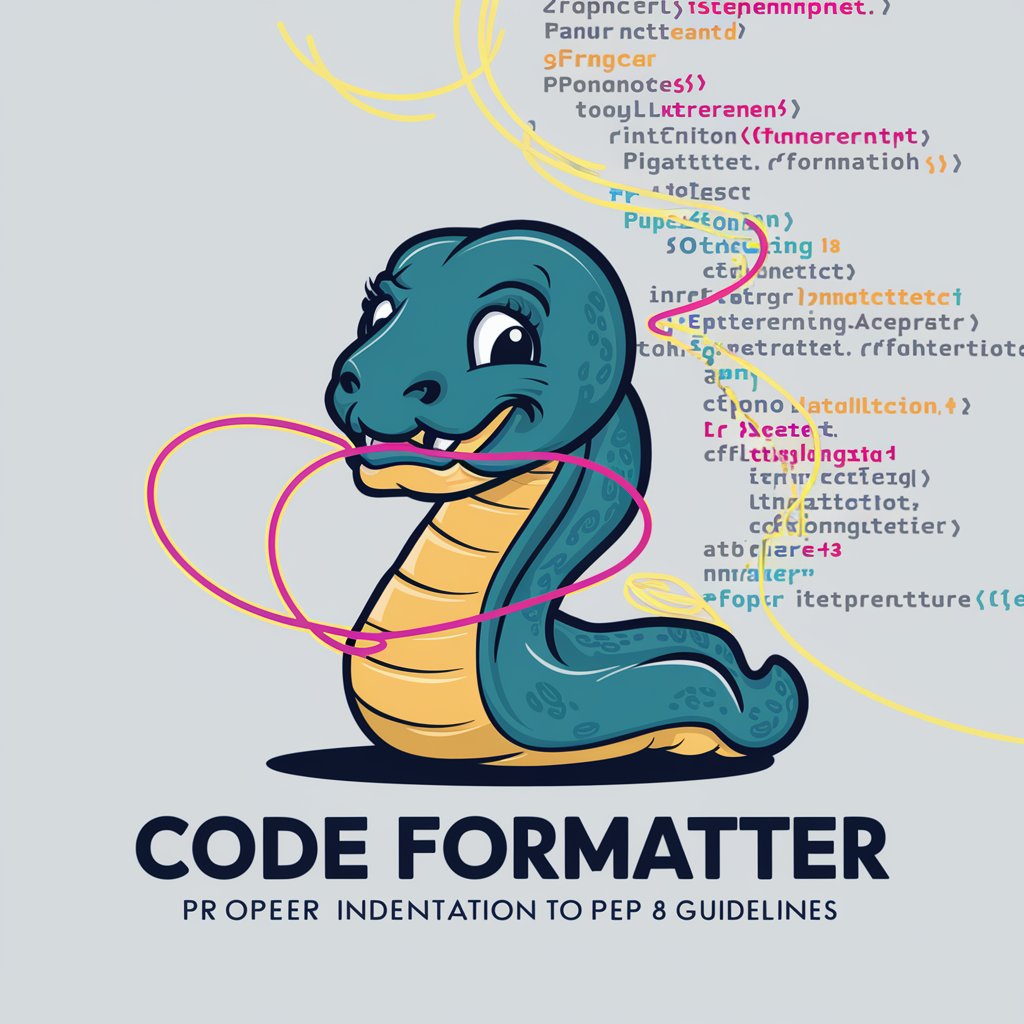
Material and compostions.
Unlocking Material Science with AI

ZodGPT Questions and Answers
What is ZodGPT and how does it differ from other AI models?
ZodGPT specializes in providing TypeScript-first schema validation with static type inference, designed specifically to simplify developers' workflow when working with Zod library, setting it apart from general-purpose AI models.
Can ZodGPT generate TypeScript schemas for any JSON structure?
Yes, ZodGPT can generate TypeScript schemas based on JSON structures, offering a streamlined process to validate and infer types dynamically, enhancing code reliability and developer productivity.
How can ZodGPT assist in improving code quality?
By automating schema validation and type inference, ZodGPT helps maintain high code quality standards, reducing errors and ensuring data integrity throughout applications.
Is ZodGPT suitable for beginners in TypeScript?
Absolutely, ZodGPT is designed to be user-friendly for developers at all levels, including beginners, by providing clear, concise examples and guidance on TypeScript and schema validation.
Can ZodGPT help with large-scale projects?
Yes, ZodGPT is scalable and can significantly aid in managing complex data validation requirements in large-scale projects, ensuring consistency and reliability across your codebase.
